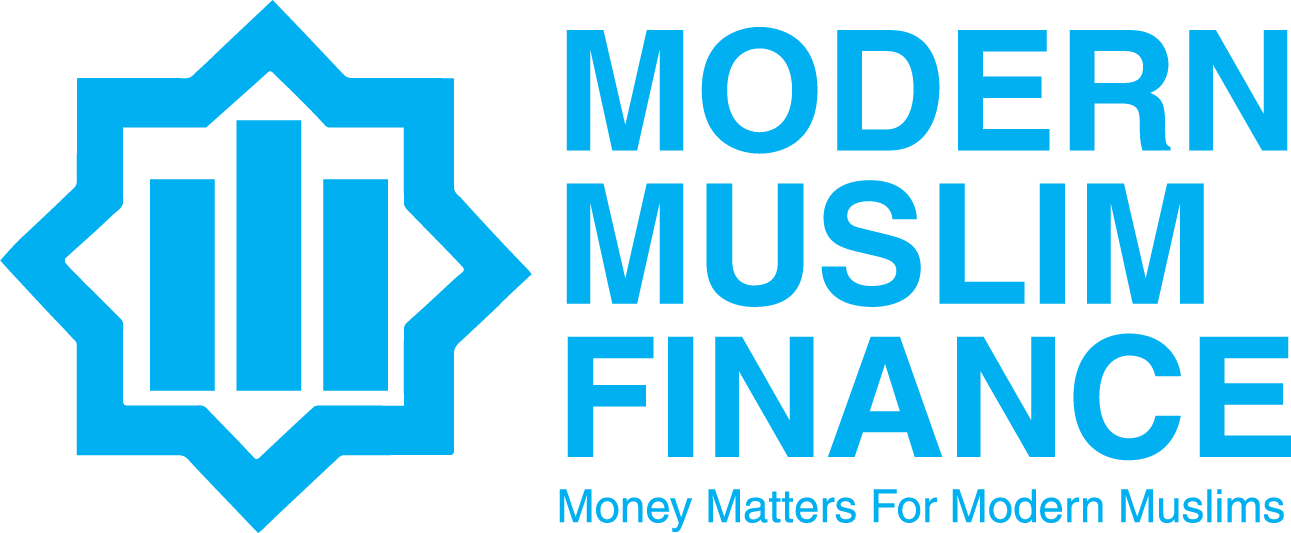FAQs
HALAL INVESTING
What is halal investing?
Halal investing refers to the practice of investing in accordance with Islamic principles. It involves adhering to specific ethical and Sharia-compliant guidelines that prohibit investments in activities or industries deemed haram (forbidden) by Islamic law.
How is halal investing different from conventional investing?
Halal investing differs from conventional investing in that it follows Islamic principles, avoiding investments in businesses involved in activities such as alcohol, gambling, pork, or interest-based financing. It aims to generate profits while aligning with religious values.
What are the basic principles of halal investing?
The basic principles of halal investing include avoiding investments in haram activities, adhering to ethical and moral guidelines, and ensuring that investments are interest-free (Riba) and free from excessive uncertainty (Gharar).
What types of investments are considered halal?
Halal investments include equities (stocks) of Sharia-compliant companies, real estate, commodities, and businesses that comply with Islamic principles.
What types of investments are considered haram?
Haram investments typically involve businesses related to alcohol, gambling, pork, conventional banks, interest-based financial instruments, and companies with excessive debt ratios.
Are there any restrictions on the industries or companies in which halal investors can invest in?
Yes, halal investors should avoid industries related to alcohol, gambling, pork, interest-based financing, and other haram activities. They should also assess a company's financial structure and debt levels.
How do I know if a company is halal or haram?
You can determine a company's halal or haram status by researching its business activities, financial practices, and compliance with Islamic principles. There are also Islamic finance scholars and advisory boards that provide certifications.
Can I invest in bonds or other fixed-income securities as a halal investor?
Traditional interest-bearing bonds are generally considered haram. Halal alternatives include Sukuk (Islamic bonds) and other Sharia-compliant fixed-income instruments.
What is the difference between a halal mutual fund and a conventional mutual fund?
Halal mutual funds are designed to invest in Shariah-compliant assets, avoiding haram investments. Conventional mutual funds have no such restrictions and may invest in any industry.
How do I find a halal investment advisor or financial planner?
Look for certified Islamic financial advisors who specialize in halal investing. You can seek recommendations from Islamic finance institutions or organizations.
Does MMF offer professional guidance on halal investing?
Yes, MMF provides expert guidance in halal investing tailored to your needs. Do reach out to us, and send us any questions here
ISLAMIC INHERITANCE
What is Islamic inheritance, and why is it important in Singapore?
Islamic inheritance is the distribution of assets based on Quranic principles. It's vital in Singapore to ensure assets are distributed fairly and in accordance with Islamic teachings.
How does Islamic inheritance differ from conventional inheritance laws in Singapore?
Islamic inheritance follows specific Quranic shares, while conventional inheritance allows more freedom in distribution. When a Muslim passes away, Singapore's Administration of Muslim Law Act (AMLA) guides inheritance practices, compared to the Intestate Succession Act (ISA) that governs conventional inheritance. Writing a conventional will conflicting with Faraid and AMLA might render it invalid, as it won't align with Islamic laws. Consult an expert to create a proper wasiat and understand Singapore's inheritance procedures.
What is Faraid?
Faraid is the method of distributing a person's assets after their demise to their next of kin, in specific shares, outlined in the Quran.
What is a wasiat?
A Wasiat is an Islamic will that specifies key people involved in the estate planning process and any final bequests to be made. Key people include the Testator, Executors, Guardians, and Witnesses. A bequest is an amount given to non-Faraid beneficiaries, limited to 1/3 of the remaining estate..
Why do I need a wasiat?
A Wasiat is a legally binding document that follows the sunnah (tradition) and provides instructions for the distribution of your assets after your demise, ensuring your wishes are fulfilled. Having a Wasiat also simplifies the legal process for your loved ones, making the distribution of assets smoother and more organized.
I am a woman. Do I need to write a Wasiat too?
Yes, all adults with assets should have a Wasiat, regardless of gender.
What happens if someone passes away without leaving a valid Islamic will (wasiat)?
They would be considered dying intestate (without a valid will) or testamentary instructions in place. The inheritance process will be significantly delayed due to the lack of appointed Executors and/or Guardians. Their estate will be distributed according to Faraid, which may not align with their wishes.
What is an Executor?
An Executor is a person designated in your will to carry out your wishes as stated in your Wasiat. They handle the distribution of assets, clearing debts, following your bequests made, and ensuring a smooth inheritance process.
I am still young and I have just started working. Why would I need a wasiat?
Yes, it's wise to plan for the future, regardless of your age or wealth. A Wasiat ensures that your assets are distributed according to your wishes.
Can I make changes to my Wasiat?
Yes, you can make changes by updating your Wasiat and having witnesses sign it. You can also create a new Wasiat if needed.
When should I make my Wasiat? Isn't it too early to make one?
The earlier, the better! Tomorrow is not promised so make the most of what you can do to secure your loved ones, today. You can always work with your Financial Advisor to update or change your will when needed.
Are there any specific requirements for creating a valid Islamic will (wasiat) in Singapore?
Islamic wills should meet legal requirements, adhere to Islamic inheritance principles and be witnessed by appropriate individuals (two adult male Muslims, or four adult female Muslims).
Does MMF offer professional guidance in creating a wasiat?
Yes, MMF provides expert guidance in creating a Wasiat tailored to your needs. Do reach out to us, and send us any questions here
Address:
114 Lavender Street, #07-83 CT Hub 2,
Singapore 338729
Email:
[email protected]
WhatsApp:
+65 8952 8511
Website:
modernmuslim.finance







